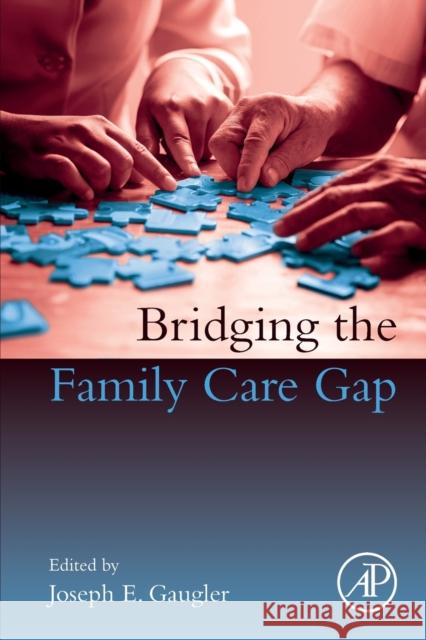Bridging the Family Care Gap » książka
topmenu
Bridging the Family Care Gap
ISBN-13: 9780128138984 / Angielski / Miękka / 2021 / 498 str.
Kategorie:
Kategorie BISAC:
Wydawca:
Academic Press
Język:
Angielski
ISBN-13:
9780128138984
Rok wydania:
2021
Ilość stron:
498
Waga:
0.65 kg
Wymiary:
22.86 x 15.24 x 2.54
Oprawa:
Miękka
Wolumenów:
01
Dodatkowe informacje:
Bibliografia











